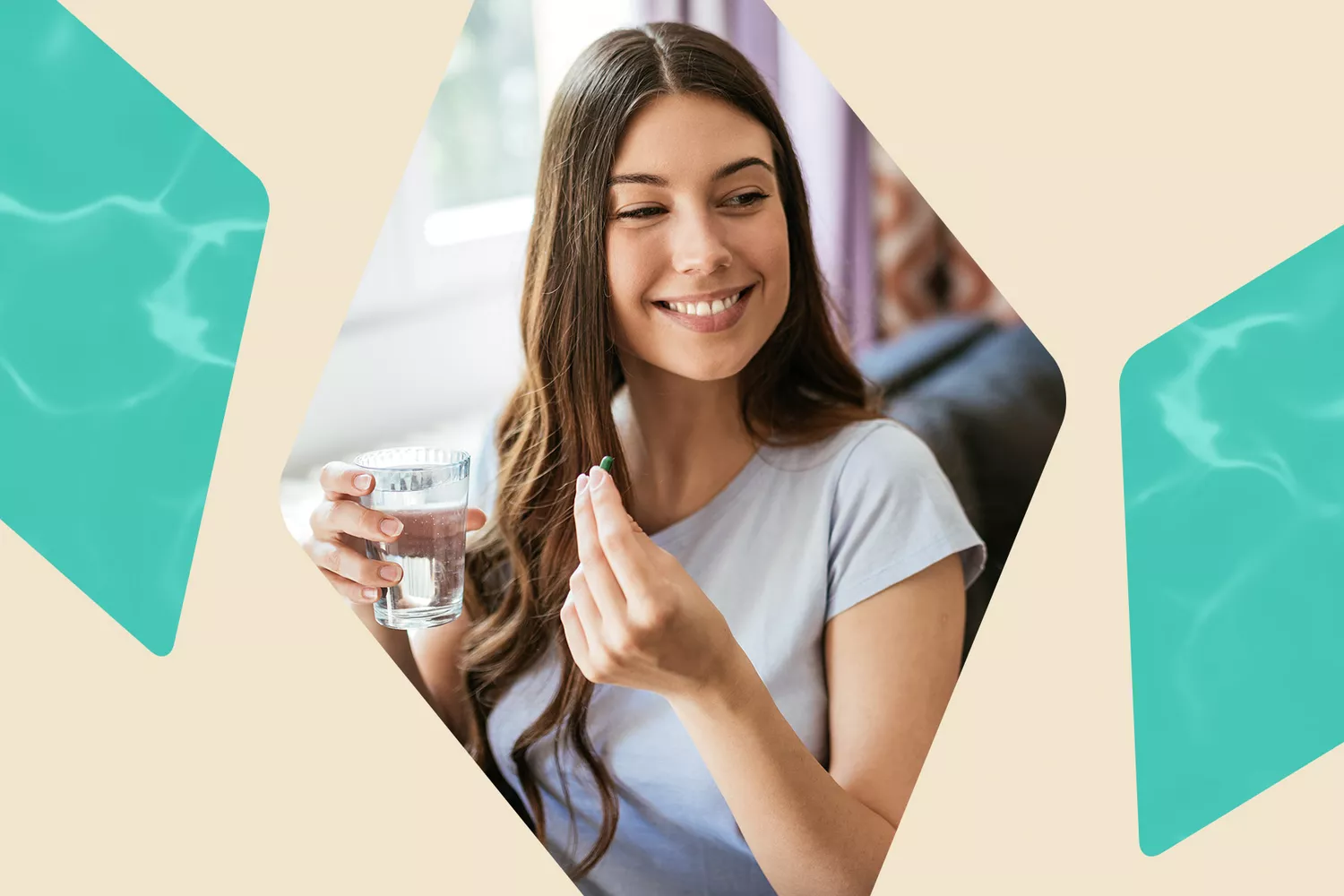“It’s what’s on the inside that counts.” We’ve heard this stating a million times, and most of the times it’s true. Take biotin, for instance.
Recently, it seems as if numerous beauty brand names have actually presented biotin-infused products to the market. All of which claim to assist restore loss of hair, plump skin, and reinforce nails. Experts say there’s not adequate science to back these up.
To better understand what biotin is, how it works, and why it’s in many products nowadays, we tapped 2 specialists to share their understanding.

What Is Biotin?
Biotin is a vitamin B complex also known as vitamin B7. Unlike other nutrients that are naturally produced in our bodies, biotin is taken in through the food and liquids we consume. Most people keep healthy levels of biotin, which work stimulate hair roots, nurture the skin, and help its oil glands operate properly thanks to its fat complex.
When somebody has a biotin deficiency they might experience skin rashes, brittle nails, and both thinning hair and loss of hair. “However, biotin shortage is incredibly rare and severe biotin deficiency in healthy people consuming a well balanced diet has actually never been reported,” says Maryanne Makredes Senna, MD, an Assistant Professor of Dermatology, Harvard Medical School and the Director at the Lahey Hair Loss Center of Excellence and Research Unit in Massachusetts. “Further, people with biotin shortage experience much more than hair thinning; they have conjunctivitis, considerable rash around the eyes, nose, perineum, and even seizures.”
Do Biotin Skincare Products Actually Benefit the Skin?
It’s commonly believed that biotin’s fatty acid complex can improve the skin barrier, and for that reason work as a recovery ingredient. Nevertheless, that’s not the case.
” Unfortunately, we’ve investigated it and there are no benefits to topical biotin,” says Desirée Stordahl, the Director of Applied Research and Education at Paula’s Choice. She goes on to describe that there’s less than a 2% boost in skin health after using a topical biotin on the skin, which isn’t much at all. “It’s been studied enough that if there were genuine outcomes to be seen, there would be studies to show– however I haven’t seen any,” she includes.
Stordahl even more explains that while a biotin-infused product may work, it’s most likely not because of the biotin itself, however rather because of the assortment of skin care ingredients that work synergistically to enhance the skin’s look.
Do Biotin Hair Products Benefit the Hair?
We dislike to be the bearer of more problem, however in spite of products claiming to reverse thinning hair and hair loss with biotin-rich formulas, there’s no evidence to support that it works. “Biotin does not help hair grow– complete stop. Whether it is oral or topical, it simply does refrain from doing anything,” states Dr. Senna.
She explains that a common reason individuals experience loss of hair is when they go through telogen effluvium, a step in the hair growth cycle that triggers hair to fall out due to high levels of stress or illness. Loss of hair will typically begin 3 to four months after the preliminary incident, and she states they can lose in between 30 to 50% of their hair. Given that the loss of hair happens months after injury or disease, Dr. Senna says many people do not connect the dots and, in desperation, turn to taking biotin supplements or other products, and when the hair eventually grows back they believe it’s thanks to that treatment, when in reality the hair would’ve regrown with no treatment at all.
Dr. Senna even more describes that the belief that biotin supplements work originates from the reality that biotin shortage can result in hair thinning with progression to loss of all body hair– but we’ve currently developed that biotin deficiency is extremely unusual.
Additionally, she describes that taking biotin supplements can actually have a scary medical adverse effects as they can interfere with blood test results. Dr. Senna describes that laboratories that can be affected by biotin supplementation consist of thyroid function tests, vitamin D, heart troponin blood test, and some hormonal agent tests such as cortisol, parathyroid hormone, and luteinizing hormonal agent.
Instead of turning to biotin to reverse damage, she suggests seeking advice from with a board-certified dermatologist who specializes in hair loss. “Still, other patients like those with alopecia areata or scarring hair loss conditions like lichen planopilaris, frontal fibrosing alopecia, or main centrifugal cicatricial alopecia need to treat the inflammation causing their hair loss in order for hair to grow back.”
So wherever you fall on the loss of hair or skin dryness spectrum, you can put the biotin down.